 |  |  |
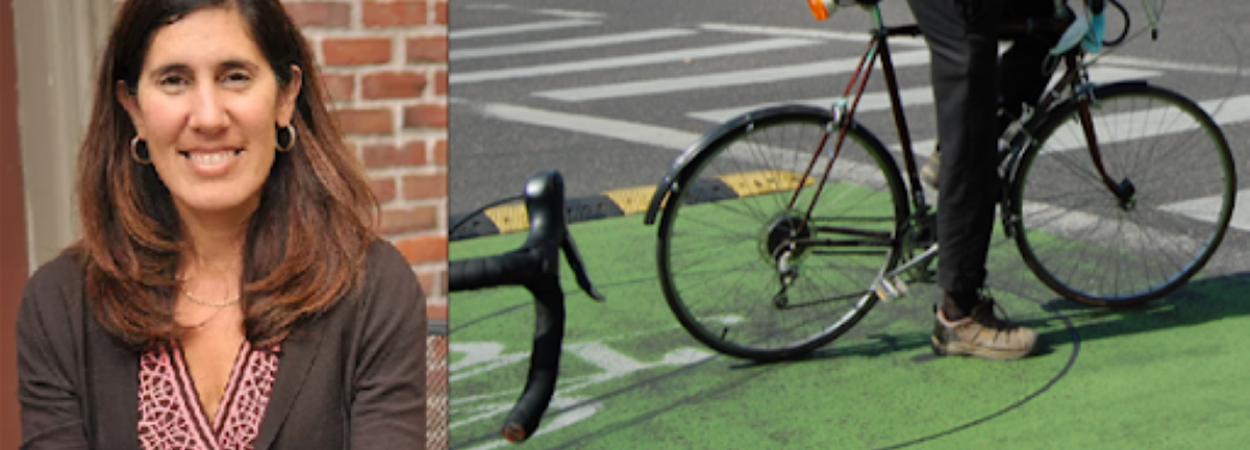
Portland State University students interested in a career in advancing biking and walking can find financial support through two active transportation scholarships from the Transportation Research and Education Center (TREC) at PSU. Since 2008, nineteen students have been awarded.
Mia Birk, the founding donor, is an independent consultant with 27 years of experience in helping to make cities more bicycle and pedestrian friendly. She served as the City of Portland's bicycle coordinator from 1993 to 1999, then as President and CEO of Alta Planning + Design until 2016. Her TED Talk makes the case for "Pedaling Towards a Healthier Planet," and her book, Joyride: Pedaling Toward a Healt…
Read More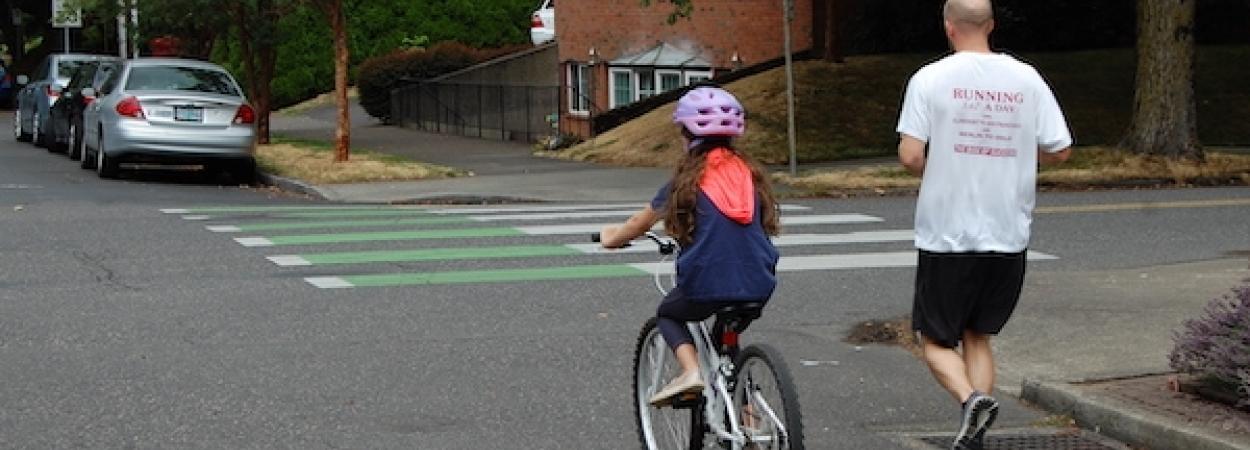
An increasing trend in the number of bicycle crashes in the U.S since 2009 has been a major challenge to safety. A new PSU masters thesis in civil engineering offers insights: "Improving Bicycle Crossings at Unsignalized Intersections through Pavement Markings: Analysis of the City of Portland Innovative Strategy" by Frank Boateng Appiah of Portland State University.
For a deeper dive into this research, read BikePortland's coverage of the study. For more on the researcher, read our 2020 interview with Frank.
The City of Portland, Oregon has experimented with an innovative treatment to improve bicycle crossings at unsignalized intersections. This treatment, term…
Read More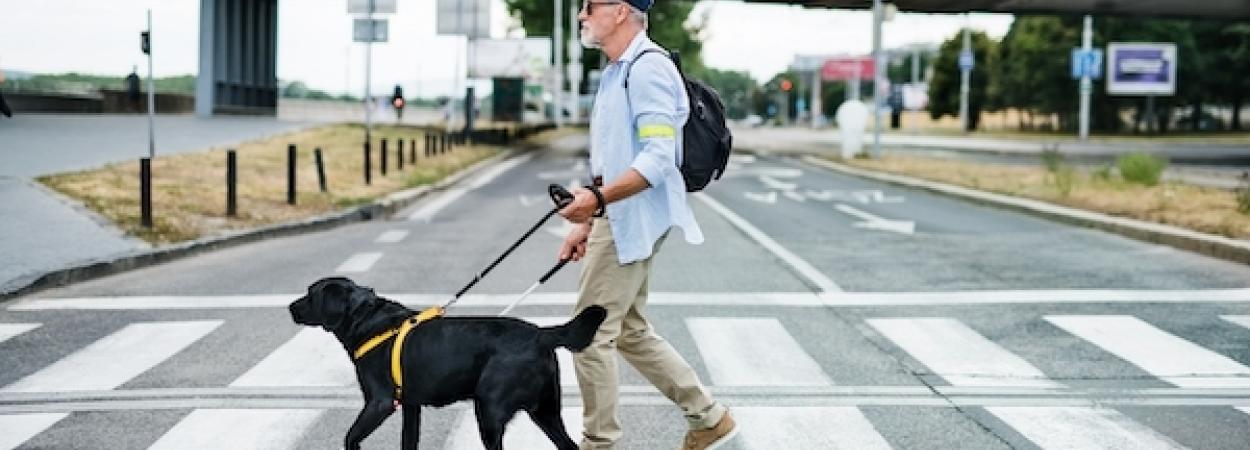
Researchers Amy Parker, Martin Swobodzinski, Julie Wright, Kyrsten Hansen and Becky Morton of Portland State University, along with Elizabeth Schaller of American Printing House for the Blind, have published a literature review in Frontiers in Education: Wayfinding Tools for People With Visual Impairments in Real-World Settings: A Literature Review of Recent Studies.
The literature review, published in October 2021, and a case study published in September 2021 in the same journal are both related to an ongoing project led by Swobodzinski. The project, Seamless Wayfinding by Individuals with Funct…
Read More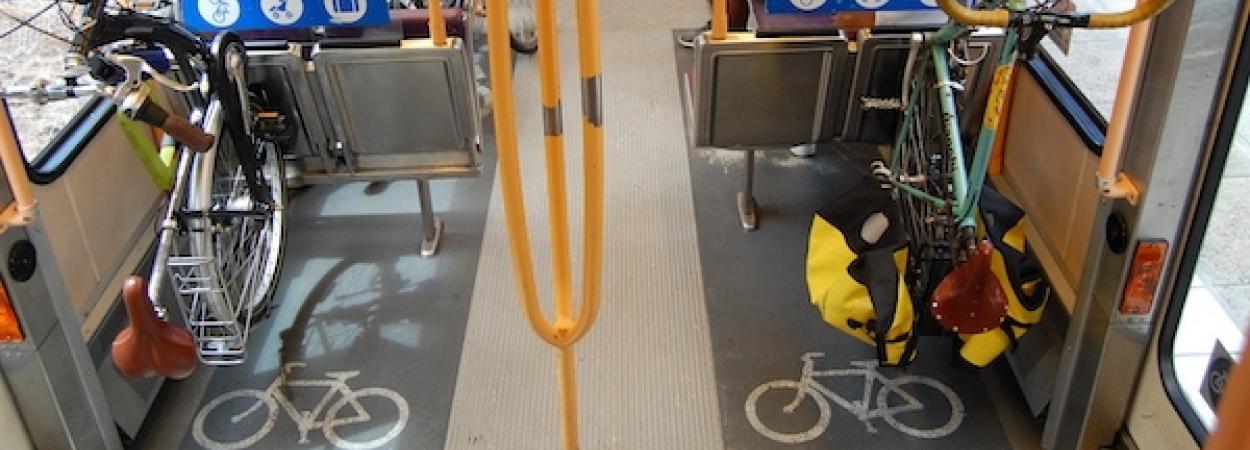
Low-income residents, immigrants, seniors, and people with disabilities – these are people who stand to gain the most from new tools and services that reduce transportation costs and travel time. However, issues of affordability, technology adoption, banking access or other barriers can limit access to these new mobility opportunities.
In the latest report funded by the National Institute for Transportation and Communities (NITC), New Mobility For All: Evaluation of a Transportation Incentive Program for Residents of Affordable Housing in Portland, OR, Portland State University researchers Nathan McNeil, John MacArthur and Huijun Tan worked with the City of Portland’s Bureau of Transportation (PBOT) to evaluate a local pilot program: the…
Read More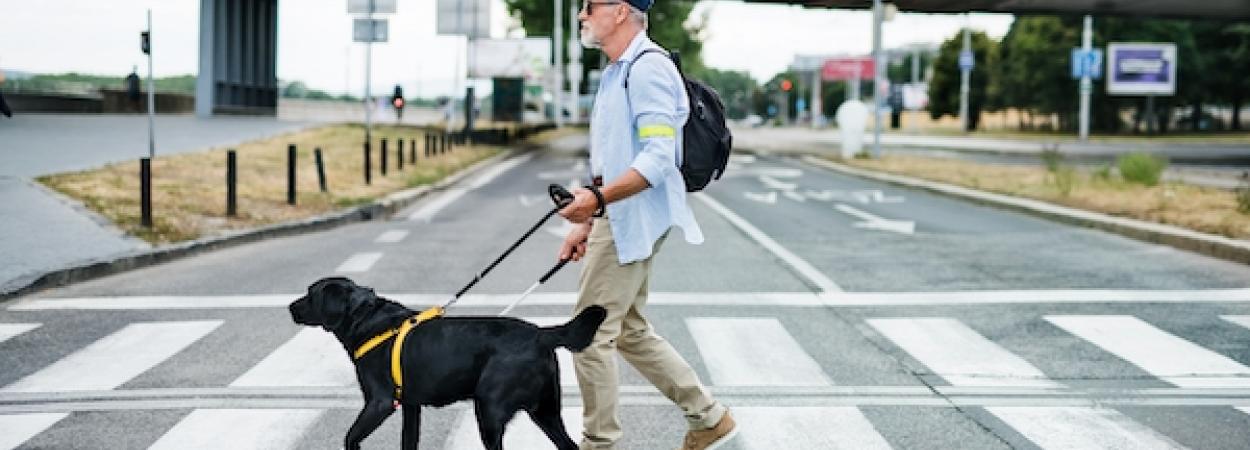
Portland State University researchers Martin Swobodzinski and Amy Parker, with student co-authors Julie Wright, Kyrsten Hansen and Becky Morton, have published a new article in Frontiers in Education: "Seamless Wayfinding by a Deafblind Adult on an Urban College Campus: A Case Study on Wayfinding Performance, Information Preferences, and Technology Requirements."
The article reports on an empirical evaluation of the experience, performance, and perception of a deafblind adult participant in an experimental case study on pedestrian travel in an urban environment. The case study assessed the degree of seamlessness of the wayfinding experience pertaining to routes that traverse both indoor and outdoor spaces under different modalities of te…
Read More